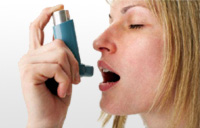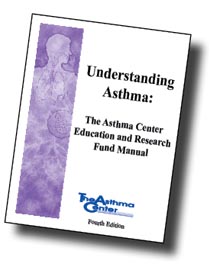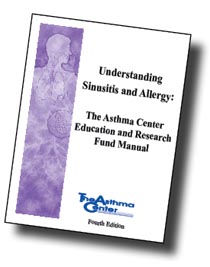Sting avoidance techniques
Individuals allergic to stinging insects should avoid exposure to such insects. A few simple precautions can decrease your chance of being stung.
1. When a stinging insect approaches it is best to try to stay still. Never slap or
brush off an insect. These insects will not sting unless frightened or
antagonized.
2. Avoid wearing scents (perfumes, hair sprays, fragranced cosmetics and
suntan lotion) which often attract insects. Eating or cooking outdoors, open
garbage cans and/or fallen fruits or foods rotting on the ground can attract
hymenoptera insects. Highly sensitive individuals should not eat outdoors
when possible. Never drink out of an open can or bottle without first
inspecting for the presence of a stinging insect. Keeping food covered
outdoors until eating, cleaning around garbage areas, burning insect
repellant candles and spraying the patio and garbage cans with a wasp and
hornet insecticide will help keep these insects away.
3. Clothing - Wear shoes outdoors at all times; closed shoes are preferable to
sandals. Loose fitting clothing may trap insects and should be avoided. Bright
colored, flowery clothing seems to attract insects more than white, green,
tan, or khaki. Shiny jewelry will also draw insects to people.
4. Gardening should be done cautiously. Stay away from scented flowers which
may attract insects. Accidentally disturbing a wasp hive in a tree or house
eave or mowing over a yellow jacket hive can provoke these insects. Vines
which may conceal hives should be removed from the house. Removal of a
hive should be done by an exterminator or someone known to not be allergic
to insect venom. The home and garden should be periodically inspected for
new hives. For example wasps typically build open-comb hives under leaves,
in shrubs, or in wood planters. Yellow jacket hives are usually located in
underground burrows, between cracks of rock wall, or between walls of
frame building. Hornets build gray football-shaped hives usually in shrubs or
trees. Honeybees are found in commercial hives but may be found in hollow
tree limbs or between the outside walls of buildings.
5. Stinging insects often find their way into cars. It is a good idea to carry a
wasp and hornet insecticide in the car with a 20 foot spraying range, as well
as some cheese cloth to trap these insects.
Unfortunately there are no effective repellants one can preventively spray on the skin that will discourage these insects from approaching.



